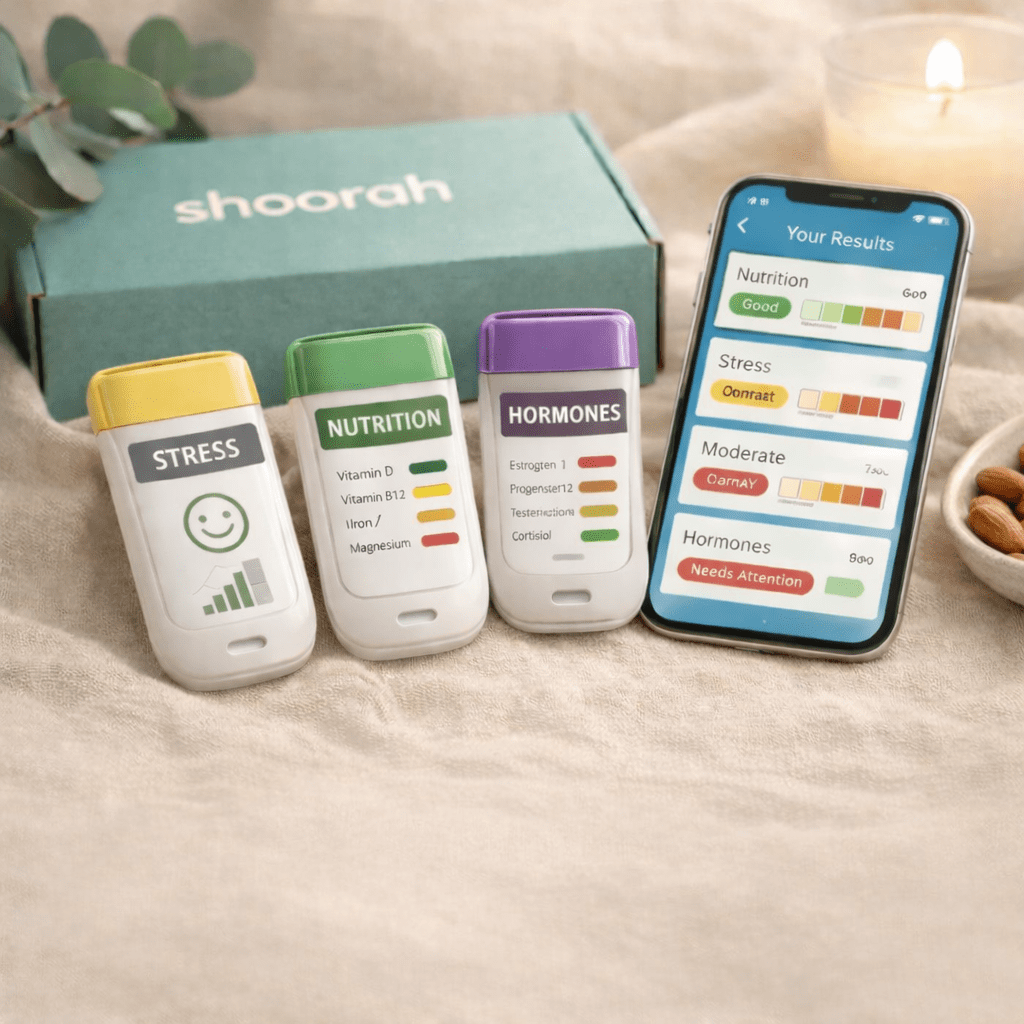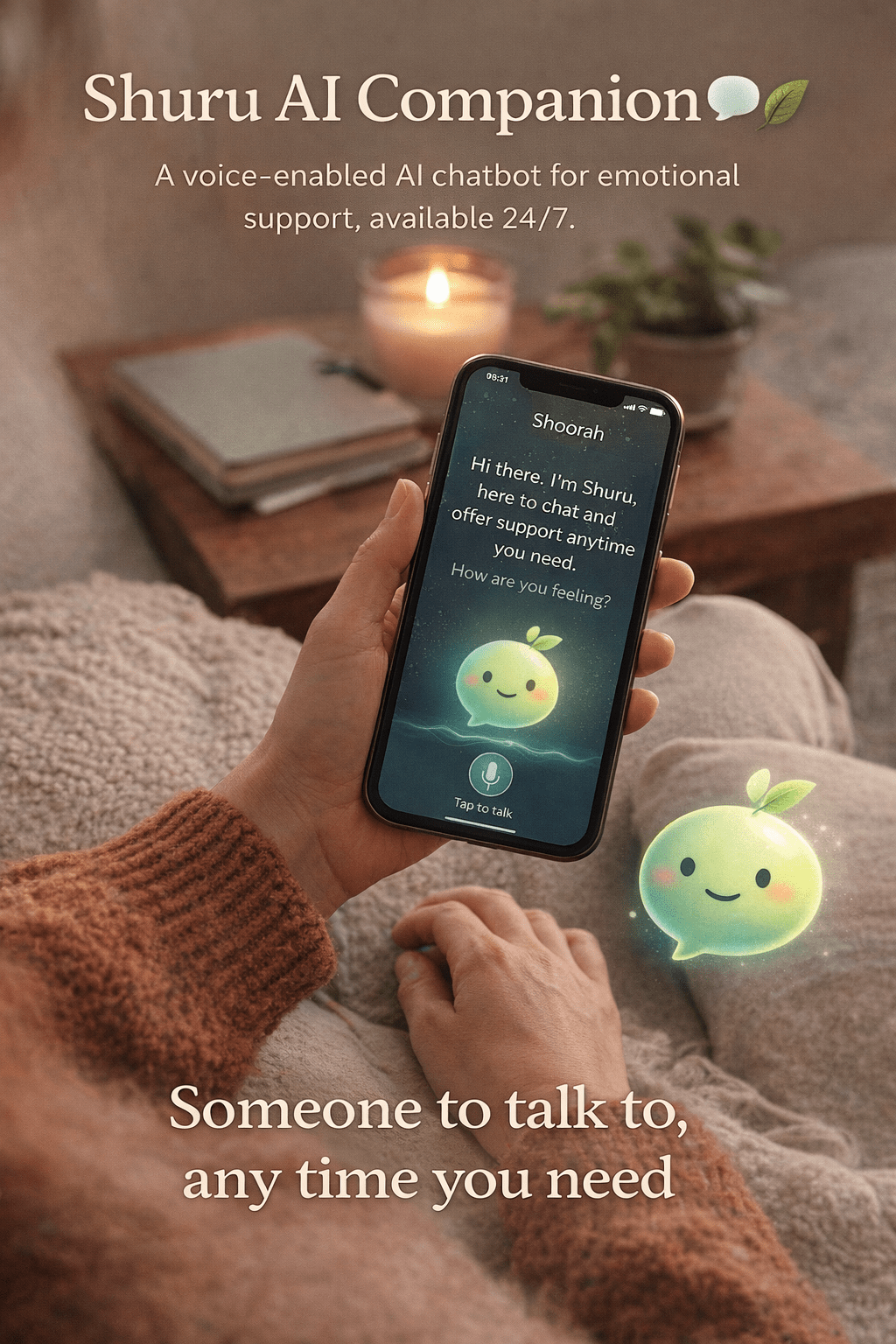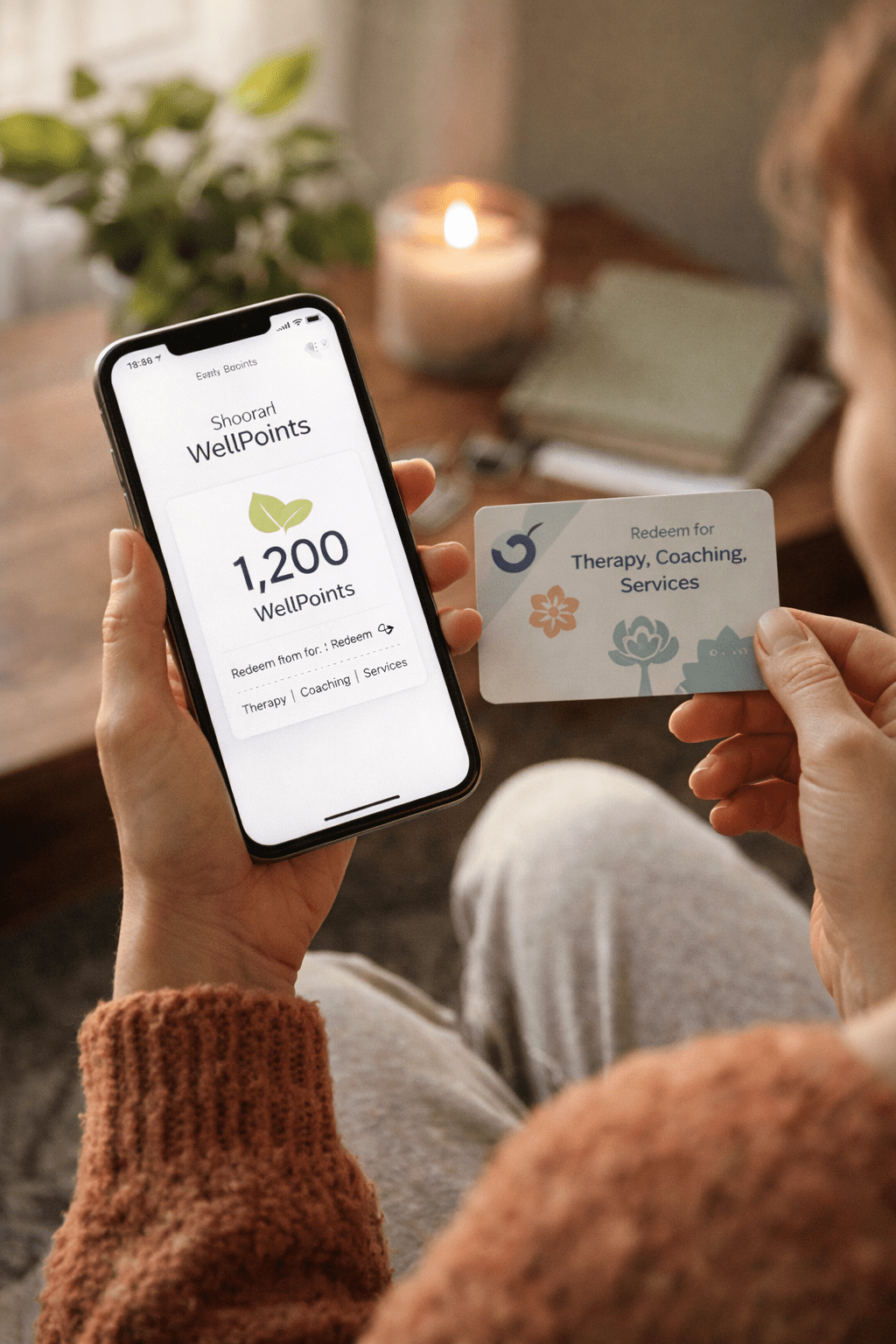Understanding your mind can feel like unlocking a mystery—particularly when you’re neurodivergent. Whether you’re curious about your cognitive patterns or seeking clarity on traits that set you apart, self-assessment tools offer a way to begin the journey. These assessments aren’t definitive diagnoses, but they can serve as a powerful first step in understanding yourself better.
In this article, we’ll explore what neurodivergence means, the value of self-assessments, and highlight some of the best tools available for gaining deeper insights into your mind.
What Does It Mean to Be Neurodivergent?
Neurodivergence refers to variations in the way people think, learn, and process information. It encompasses conditions such as autism, ADHD (Attention Deficit Hyperactivity Disorder), dyslexia, dyspraxia, and more. For many, being neurodivergent isn’t a challenge to overcome—it’s a different way of experiencing the world. Recognising and celebrating these differences is key to fostering understanding and self-awareness.
Why Take a Self-Assessment?
A self-assessment is like holding up a mirror to your mind. While it’s not a substitute for a professional diagnosis, it can:
- Enhance Self-Awareness: Understand your unique cognitive traits and behaviours.
- Facilitate Better Communication: Articulate your needs and experiences with clarity to others.
- Prepare for Professional Consultation: Bring valuable insights to discussions with healthcare professionals.
The right assessment can spark moments of recognition that resonate deeply, providing validation and direction for further exploration.
Top Neurodivergent Self-Assessments
Here are some of the most well-regarded self-assessments to consider, each tailored to specific aspects of neurodivergence:
1. Autism Spectrum Quotient (AQ) Test
The AQ Test, developed by psychologist Simon Baron-Cohen and his team at Cambridge University, is a widely used tool for identifying traits associated with autism. With 50 questions, it measures tendencies like attention to detail and social interaction challenges. While not diagnostic, it’s an insightful starting point for exploring the autism spectrum.
2. ADHD Self-Report Scale (ASRS)
The ASRS is a simple, user-friendly questionnaire designed to help identify symptoms of ADHD. It’s broken into two parts, focusing on inattentiveness and hyperactivity/impulsivity. Ideal for those curious about their focus and energy regulation patterns.
3. Dyslexia Screening Test
For individuals who struggle with reading, spelling, or processing written information, dyslexia screening tools like the Adult Reading History Questionnaire (ARHQ) can be illuminating. They assess indicators such as difficulty recognising phonetic patterns or remembering words.
4. Sensory Processing Sensitivity (SPS) Scale
Highly sensitive people (HSPs) often process sensory and emotional stimuli more deeply. The SPS Scale helps you gauge your sensitivity and understand how it influences your reactions to your environment and relationships.
5. Dyspraxia Self-Assessment
Dyspraxia, which affects motor coordination and organisational skills, can be explored through tools like the Developmental Coordination Disorder Questionnaire (DCDQ). These assessments highlight potential challenges in movement and planning that may be affecting daily life.
How to Approach These Assessments
While these tools can be fascinating, it’s essential to approach them thoughtfully. Here are a few tips:
- Reflect Honestly: The more truthful your answers, the more accurate the insights.
- Avoid Over-Analysing: Trust your initial instincts when responding to questions.
- Follow Up if Needed: If the results raise questions or resonate strongly, consider seeking guidance from a qualified professional.
The Bigger Picture
Self-assessments are valuable, but they’re just one piece of the puzzle. Neurodivergence isn’t about fitting into categories; it’s about understanding and embracing the multifaceted nature of your mind. Whether you’re just beginning this journey or are well-acquainted with your neurodivergence, the key is to approach it with curiosity and self-compassion.
Exploring your mind through neurodivergent self-assessments can be both enlightening and empowering. These tools offer a window into how you think, process, and interact with the world—helping you celebrate your unique strengths while addressing challenges. So, take that first step, discover your mind, and unlock new layers of self-understanding. After all, your mind deserves to be understood and celebrated for all that it is.
Exciting Developments from Shoorah
- 1000s of Tests (for FREE) completed over the last 4 days!
- 100s of positive DMs, Emails and 5 reviews* off the back of this new Shoorah Self Assessment feature. 🙏🏼
This is V1 “Symptoms Testing”, and it comes with a downloadable PDF report. Our platform also automatically provides users with an in-app and downloadable AI-generated holistic life plan PDF to help reduce symptoms, anxiety, overwhelm, and any stress.
(Subjective to the result outcomes, any scorings over 80%+ are referred to our PEAP feature to speak to a professional health expert.)
🤫 V2 will be going live soon, offering a more comprehensive analysis and in-depth testing process.
V3 will allow users to share their results directly (and to 3rd parties) with our clinical psychologists and psychiatrists for further diagnosis, all within the app.
Full range of kids’ tests will be available!
All tests are built by our CSO, Dr & neuroscientists, clinical doctors, clinical director psychologist, our chief medical officer (a clinical psychiatrist), and a team of psychoanalysts, therapists, and health advisors. Each test has been rigorously reviewed and validated.
Next steps include following recognised standards such as the DSM5 (USA), NHS guidelines, OCD-11 by the World Health Organisation, and scientifically backed metrics like the Vanderbilt ADHD Diagnostic Scale and Spence Children’s Anxiety Scale.
While we await CQC regulation and NHS recognition, all V1 tests will remain completely free for all users. 🙏🏼
📌 Learn more: Shoorah.io
📱 Find Shoorah on both app stores ( Apple & Google Play).



